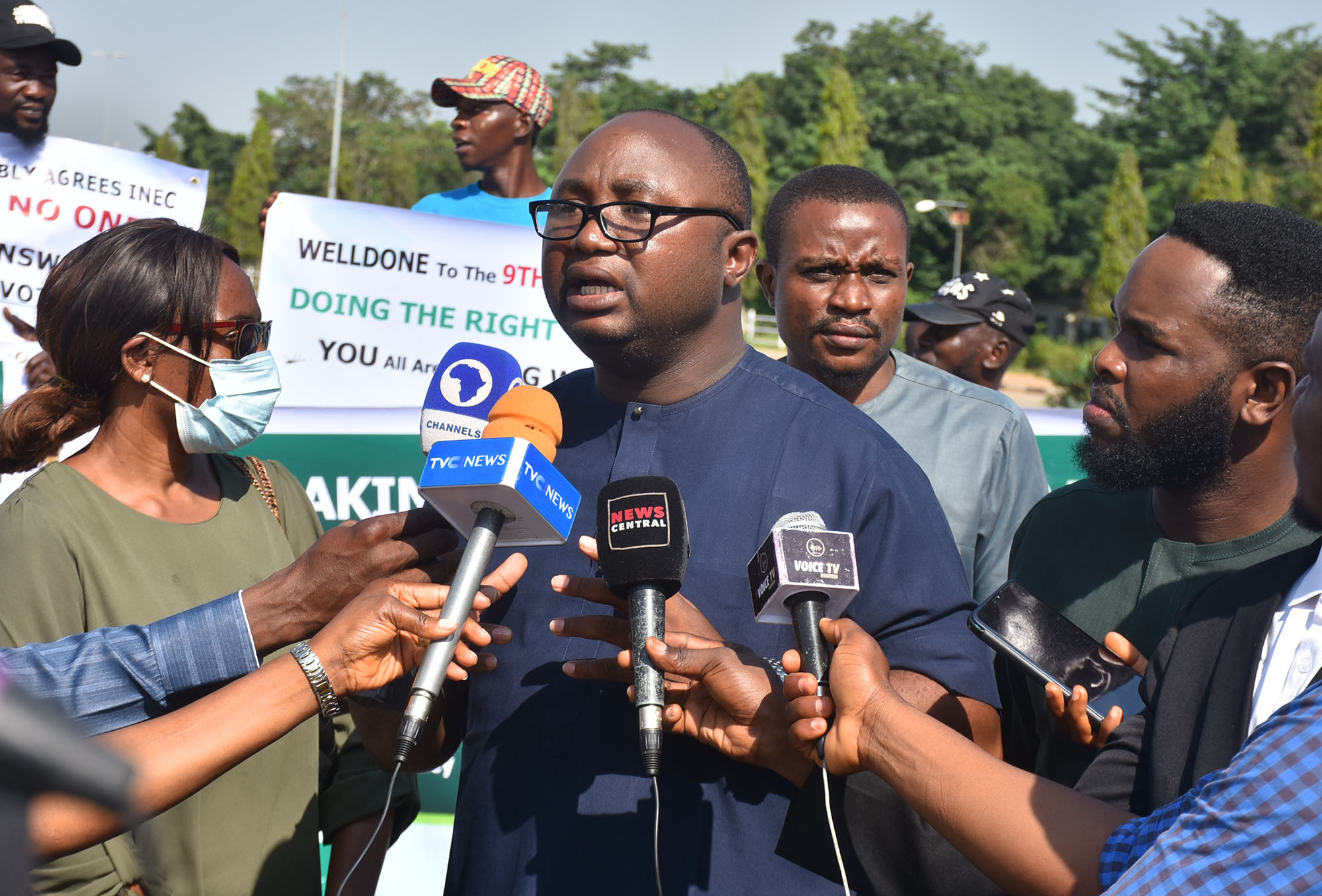Business
S’South Topped In Federal Allocation By N2.59trn In Two Years – NEITI

The Nigeria Extractive Industries Transparency Initiative (NEITI) has said states in the South-South region of Nigeria received the highest Federal allocation among the 36 states of the federation in 2020 and 2021.
According to NEITI, in terms of geo-political zones allocations, the South-South received the highest allocation with N2.59 trillion or 29.53 per cent of the total revenue shared to the federating units, for the 2020 and 2021 Federation Account Allocation.
The huge number was a result of the 13% derivation revenue allocated exclusively to nine oil-producing states, five of which are from the South-South geopolitical zone.
The NEITI recent report, which was obtained on Monday, indicated that other zones such as the North-West had N1.56 trillion or I7.85 per cent; South-West got N1.28 trillion or 14.57 per cent; North-Central, N1.26 trillion or 14.39 per cent; and North-East, 12.71 per cent for the period under review.
South-East had the lowest allocation, which accounted for N963 billion or 10.96 per cent of the total allocation.
In the South-South Zone, Delta State, with N372.07 billion, received the highest allocation, followed by Rivers with N298.68 billion, and Akwa Ibom with N281.78 billion.
Cross River State had the least allocation with N66.83 billion during the years under review.
Kano State received the highest allocation with N163.41 billion in the North-West Zone. It was followed by Kaduna, with N130.02 billion, and Katsina, with N123.09 billion. Zamfara State got N84.81 billion, the least allocation for the years under review.
In the South-West zone, Lagos State received the highest allocation with N243.58 billion for the period under review, followed by Oyo, which got N117.93 billion, and Ondo, with N95.98 billion, while Osun received the least allocation of N64.19 billion.
The FCT in the North Central Zone received the highest allocation with N112.77 billion. Borno State received the highest allocation in the North East Zone with N122.49 billion.
In the South East zone, Imo State received the highest allocation with N113.45 billion in the period under review.
The report also showed that total sales of oil and gas by the Nigerian National Petroleum Corporation (NNPC) during the period under review was N5.49 trillion.
However, total receipts during the same period was N6.05 trillion.
In all, the 36 states of the federation, the FCT, and the 774 Local Government Areas received N8.79 trillion allocation within the period under examination.
By: Corlins Walter

